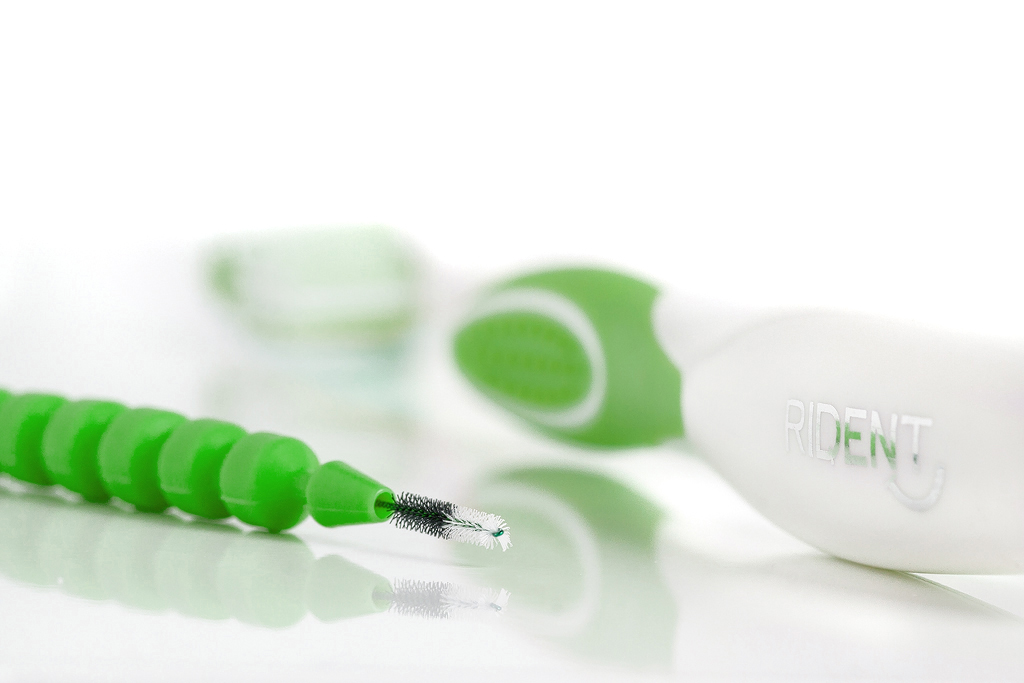01.08.2019
In order to fully understand the question of how long the implants last, it is necessary to first emphasize that the implantable prosthetic substitute consists of three (3) components.
The implant is made of medical titanium and it is surgically inserted into the bone to replace the root of the missing tooth.
The abutment is tightened to the implant to support the crown.
The crown is a ceramic or composite tooth linked to the abutment while having a look and shape of the natural tooth.
The dental implant is designed to become a permanent replacement of the missing teeth and has become the standard tooth replacement method. The dental implant technology has become so advanced over the years that failures due to rejection of implants or the problem of non-functional prosthetic replacement are mostly rare.
Based on research, 95% of implants last longer than 5 years. Implants are durable and definitely long-lasting, but there are several factors that can cause their premature failure.
In general, exposed abutment and crowns are more susceptible to damage than the implant itself in the bone.
The longevity of a prosthetic replacement on the implants depends on several factors:
When implants are properly maintained with regular and appropriate brushing, dental floss use, interdental brushes and antiseptic oral cavity rinse, they can last forever only with the assumption that the patient performs regular check-ups twice a year.
As for crowns and implant implants, their durability is 10-15 years. However, with perfect hygiene and all other positive factors, a crown may last longer than 15 years.
The position of implants in the oral cavity is also a factor affecting the duration of implants. Implants and supplements in the posterior regions of the oral cavity are more exposed to tearing forces and are less accessible for cleaning, so they are lost earlier than implants on the front teeth.
Patients suffering from diabetes, cancer, osteoporosis or smokers and people with poor oral hygiene have a higher risk of implant therapy failure.
In recent years, technology has enabled us to produce better and more accurate results in the manufacturing of prosthetic replacements so that failures due to inadequate technical alteration are minimized.
Finally, it remains to be concluded that the maintenance of oral hygiene is of the utmost importance for the durability of prosthetic work since implants are more sensitive than our teeth. At the same time, regular check-ups allow the doctor to regularly evaluate the condition of the implant and notice in time if replacements for superstructures or crowns are needed.
